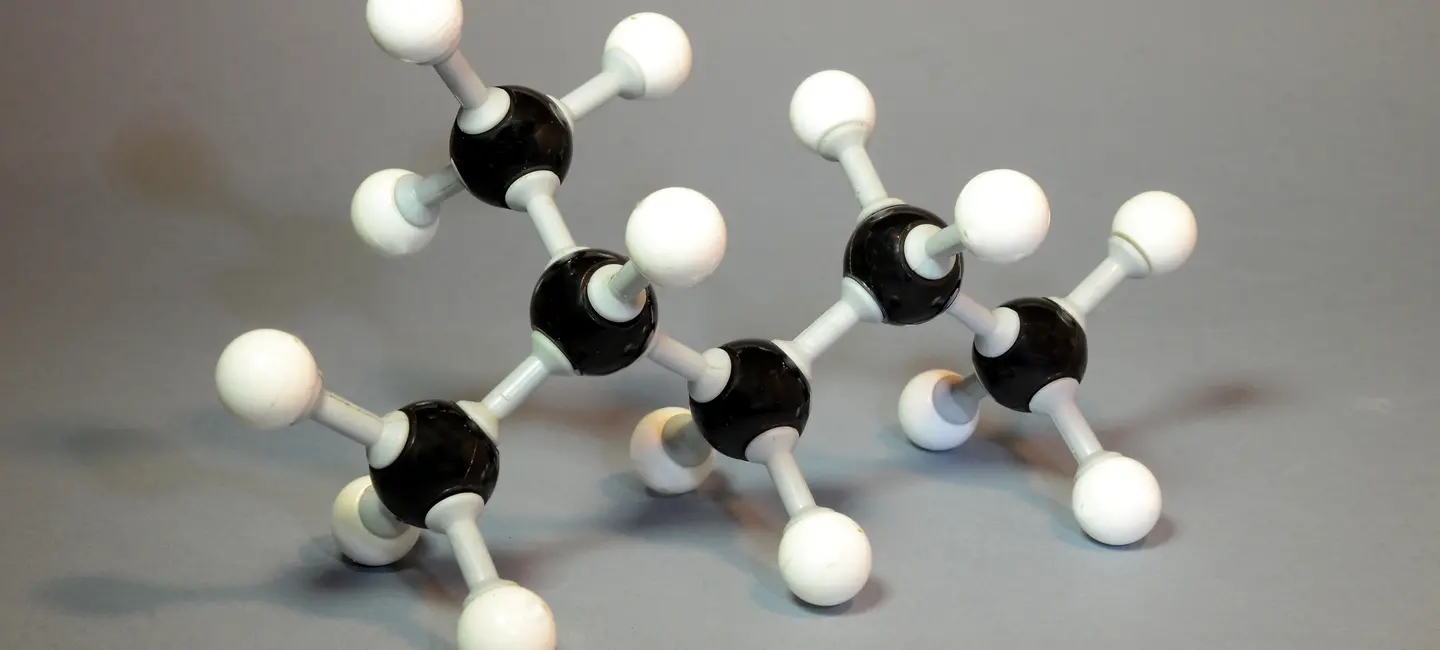
1,3-DMBA is a chemical with stimulant effects that's found in small amounts in some plants. But the 1,3-DMBA found in supplements might be made in a lab.
1,3-DMBA causes blood vessels to contract, which increases blood pressure and speeds up the heart.
People use 1,3-DMBA for athletic performance, memory and thinking skills, obesity, and other conditions, but there is no good scientific evidence to support these uses. 1,3-DMBA might also be unsafe.
The US FDA banned the use of 1,3-DMBA in dietary supplements in 2015, but it's still found in some products. The 1,3-DMBA found in supplements is most likely made in a lab, since plants contain only very small amounts of this chemical. 1,3-DMBA is on the World Anti-Doping Agency's (WADA) prohibited substances list. Don't confuse 1,3-DMBA with 1,3-DMAA, 1,4-DMAA, or Dimethylhexylamine (DMHA). These are not the same.
Is It Effective?
There is interest in using 1,3-DMBA for a number of purposes, but there isn't enough reliable information to say whether it might be helpful.
Is it Safe?
When taken by mouth: 1,3-DMBA is likely unsafe. It's believed to work like a stimulant, which might increase the chance of serious side effects such as rapid heartbeat, high blood pressure, and increased risk of heart attack or stroke.
Special Precautions & Warnings:
Pregnancy and breast-feeding: 1,3-DMBA is likely unsafe. It's believed to work like a stimulant, which might increase the chance of serious side effects when pregnant or breast-feeding.
Heart conditions: 1,3-DMBA might increase heart rate and blood pressure, which could make heart conditions worse. Do not use 1,3-DMBA if you have a heart condition.
High blood pressure: 1,3-DMBA might increase blood pressure. Do not use 1,3-DMBA if you have high blood pressure.
Glaucoma: 1,3-DMBA might make glaucoma worse. Do not use 1,3-DMBA if you have glaucoma.
Surgery: 1,3-DMBA might increase heart rate and blood pressure, which could interfere with the drugs used during surgery. Stop taking 1,3-DMBA at least 2 weeks before a scheduled surgery.
Medications changed by the liver (Cytochrome P450 2D6 (CYP2D6) substrates)
Interaction Rating=Minor Be watchful with this combination.
Some medications are changed and broken down by the liver. 1,3-DMBA might change how quickly the liver breaks down these medications. This could change the effects and side effects of these medications.
Stimulant drugs
Interaction Rating=Moderate Be cautious with this combination.
Stimulant drugs, such as amphetamines and cocaine, speed up the nervous system. By speeding up the nervous system, stimulant medications can increase blood pressure and speed up the heartbeat. 1,3-DMBA might also speed up the nervous system. Taking 1,3-DMBA along with stimulant drugs might cause serious problems including increased heart rate and high blood pressure.
Herbs and supplements with stimulant properties: 1,3-DMBA might have stimulant effects. Taking it with other supplements with similar effects might increase the chance of side effects, including rapid heartbeat and high blood pressure. Examples of supplements with this effect include 1,3-DMAA, bitter orange, caffeine-containing products, DMHA, and ephedra.
1,3-DMBA has a stimulant effect on the heart. Consuming caffeine-containing foods and drinks with 1,3-DMBA might cause more heart stimulation, which could result in a dangerous fast heartbeat.
Despite being banned in the US, 1,3-DMBA is still found in some dietary supplements marketed for athletic performance and weight loss. Some supplements claim that 1,3-DMBA is extracted from pouchong tea or Coreopsis tinctoria, but the amount found in these products is much greater than would be naturally found in plants.
1,3-DMBA is believed to work like a stimulant, which might increase the chance of serious side effects. 1,3-DMBA is also on the World Anti-Doping Agency's (WADA) prohibited substances list.
1,3-Dimethylbutanamine, 1,3-dimethylbutylamine, 1,3-Dimethylbutylamine Citrate, 1,3-Dimethyl-Butylamine, 2-Amino-4-Methylpentane, 2-Amino-4-Methylpentane Citrate, 4-Amino-2-Pentanamine, 4-Amino-2-Methylpentane Citrate, 4-Amino Methylpentane Citrate, 4-AMP, 4-AMP Citrate, 4-Methyl-2-Pentanamine, 4-Methylpentan-2-Amine, AMP, AMP Citrate, Amperall, Dimethylbutylamine, DMBA, Methylpentane, Methylpentane Citrate, Pentergy.
Information on this website is for informational use only and is not intended to replace professional medical advice, diagnosis, or treatment. While evidence-based, it is not guaranteed to be error-free and is not intended to meet any particular user’s needs or requirements or to cover all possible uses, safety concerns, interactions, outcomes, or adverse effects. Always check with your doctor or other medical professional before making healthcare decisions (including taking any medication) and do not delay or disregard seeking medical advice or treatment based on any information displayed on this website.
© TRC Healthcare 2024. All rights reserved. Use and/or distribution is permitted only pursuant to a valid license or other permission from TRC Healthcare.
